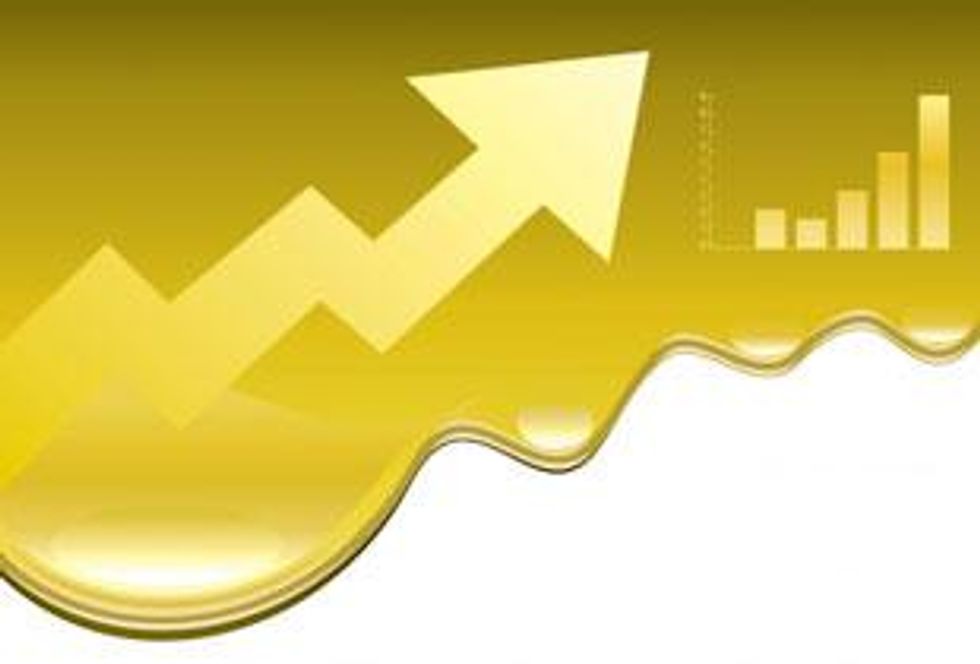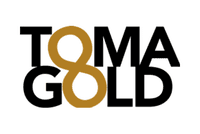Gold Price More Sensitive to Europe than the United States
Prices for gold have lately been demonstrating greater sensitivity to news flow out of Europe than positive data out of the United States. With the market seeking out bullish news, confirmation of the European debt crisis will continue to be the strong triggers that will take gold prices up.
Prices for gold have lately been demonstrating greater sensitivity to news flow out of Europe than positive data out of the United States. ANZ Bank analyst, Peter Hillyard suggested in an interview with Reuters “The buying is currently always bigger than the selling, and therefore the moves are always more exaggerated to the upside. The market is seeking out bullish news. Situations like Portugal, what is continuing to happen in Greece… will be the bullish triggers that will take prices up.”
The gold price strengthened yesterday amid escalating sovereign debt concerns in Europe to $1,528.10 per troy ounce. The world’s largest gold ETF, SPDR Gold Shares (NYSE:GLD), serving as a general proxy for the price of gold increased $1.28 to close at $148.91 per share. To round out the precious metals group, spot platinum closed at $1,719.49 per troy ounce, while spot palladium was at $767.72 per troy ounce.
Fiscal accountability
The catalyst for the gold price movement was fueled by Moody’s downgrade of Portugal’s credit rating, which sparked substantial losses in European financial markets. The report raised heightened concern that Portugal might not be able to fully achieve its debt stabilisation and deficit reduction objectives set out in the loan agreement with the European Union (EU) and International Monetary Fund (IMF) as the result of significant issues the country is facing in achieving economic growth, reducing spending, increasing tax compliance and supporting the banking system. It further cautioned that an additional downgrade could be triggered by a considerable difficulty in the execution of the government’s fiscal consolidation program, a further downward revision of Portuguese economic growth prospects or an increased risk that further support requires private sector involvement.
Key developments in the United States
Surpassing expectations, the ADP employment report from the United States indicated that payrolls rose by 157,000 in June. The consensus outlook estimated that the private sector could add anywhere from 95,000 to 110,000 jobs and that the unemployment rate could rise to 9.2 percent. The result was a slight pressuring for gold prices to the downside, as the yellow metal fell slightly to $1,526.60 per troy ounce. Silver increased to $36.12 per troy ounce as a more cyclically sensitive precious metal partner.
On Friday, the market will keenly be observing the employment situation released by the Bureau of Labor Statsitics. The most comprehensive labor report available is composed of a set of working market indicators based on two separate surveys: the household survey which provides a measurement of the number of unemployed as a percentage of the labor force, and a key series come from a survey of business establishments. Investor’s will note that the civilian unemployment rate is a lagging indicator of economic activity. A positive number could create pressure on gold and silver prices as traders and speculators might opt for stocks, but most recently the two metals seem to be more sensitive to Europe’s debt crisis reactionary to positive U.S. data. If the jobs number is weaker than anticipated, however, gold and silver’s safe haven appeal may be extended.
Fund managers speak out
With the price of gold and silver resuming their steady climb upward this week, a long time institutional investor within the precious metals sector was back at it endorsing a continued bullish thesis. In a recent interview, Eric Sprott, founder of Sprott Asset Management, discussed his latest precious metals outlook. Sprott began by espousing that the price of gold has been “aided and abetted” by an overabundance of government policies over the past ten years including “QE1, QE2, and the various printing mechanisms of the ECB and the Japanese government.” He also developed a fundamental case for silver, “our own analysis suggests that demand for silver far outweighs supply and ultimately the price has to go higher.” As a benchmark metric, “silver should trade something like 16 to 1 ratio to gold. If the gold price was $1,600.00, silver should be $100.00. It has always historically been the rate.”
Speaking with the Globe and Mail, fellow portfolio manager, Charles Oliver noted, that he’s expecting gold to reach $2,000 in the next year, which will continue to be driven by the debasement of currencies. “It’s not really the price of gold that’s going up, it’s the value of the yard stick that we use to measure it, that’s going down. In this case, it’s the U.S. dollar,” he said.






